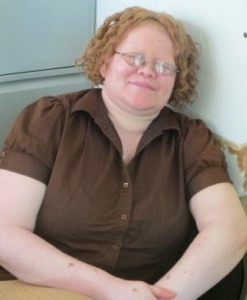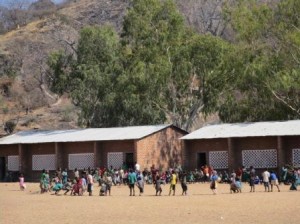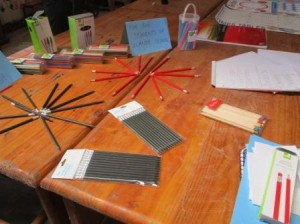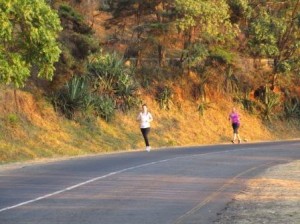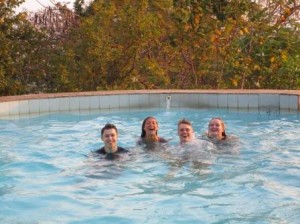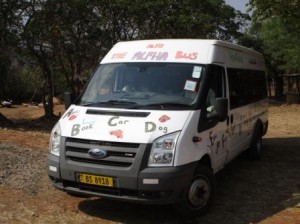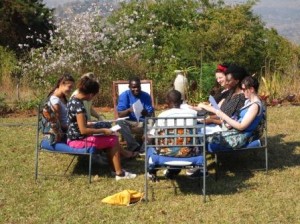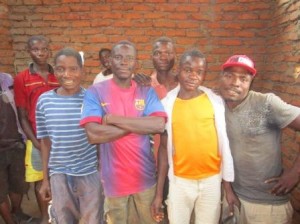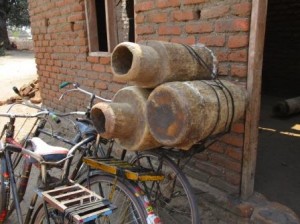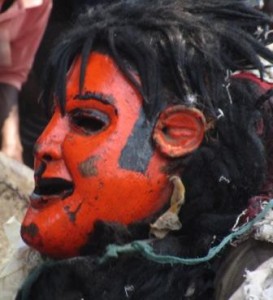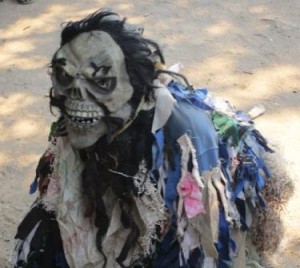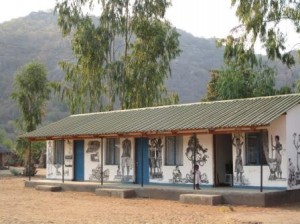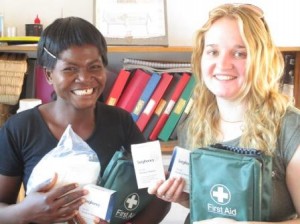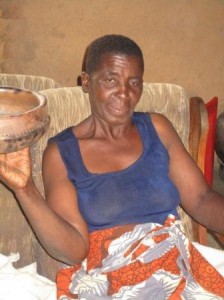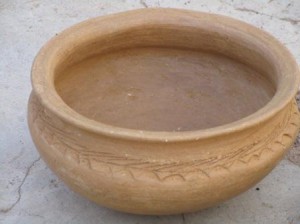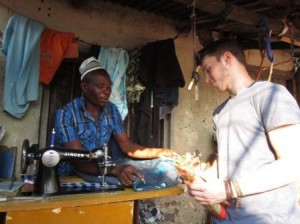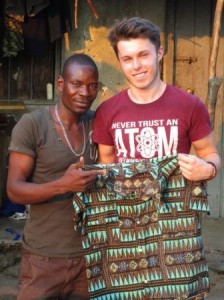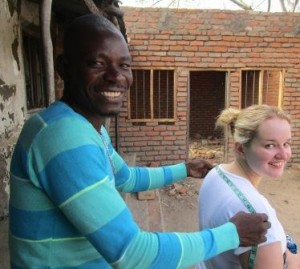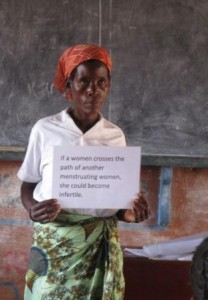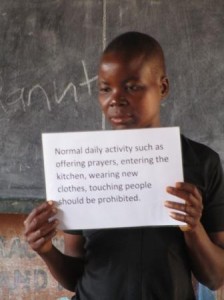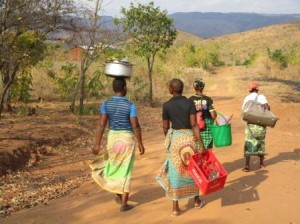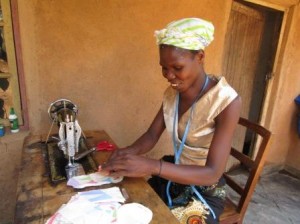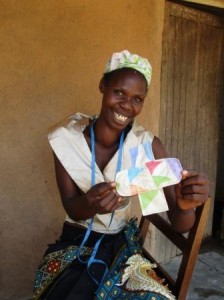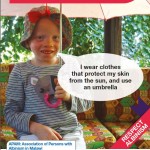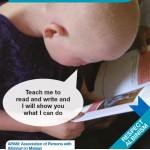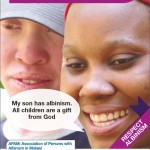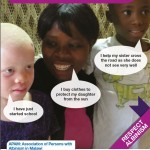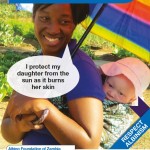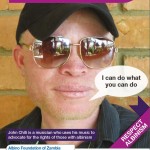“I am proud that I have albinism and have managed to get where I am”
At school Emmie had difficulty reading the board and textbooks, so always sat at the front of the class. A few friends copied notes for her and helped her to read from the board.
“You are treated like you are not a human being, but you get used to it”
Emmie has an advanced diploma and worked hard to get to where she is today. She works for the Ministry of Tourism, has been in her job for five years and is well accepted (she suspects that holding an important position helps!).
Emmie joined the Association of Persons with Albinism (APAM) in 2005 and is now the Vice Chair of the association. She is an advocate for albinism and is an inspiration, not only to those with albinism, but to all. She explains to communities about albinism and says that she has seen a change in attitudes over the years.
Other difficulties for those with albinism include relationships. Emmie has experienced acceptance from a partner, but discrimination from his family, she felt that “someone is discouraging him”. Fortunately, she is now in a new relationship. They plan to visit relatives as ‘friends’ to get to know them first. Her new partner says:
“it’s okay for me, I don’t see any difference between you and me”.
Written up by Bryony Downes

